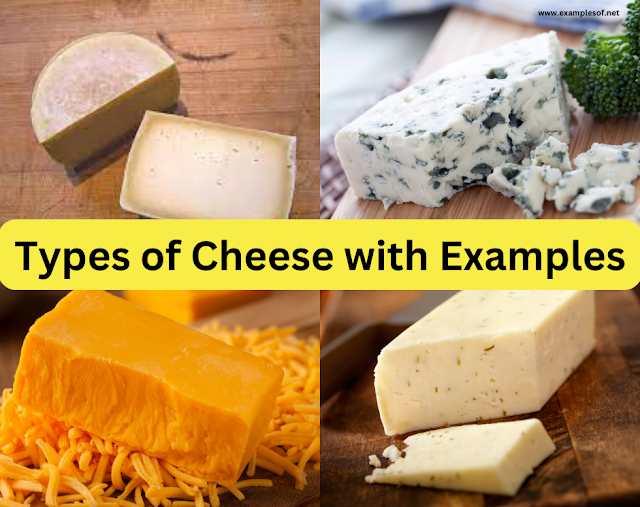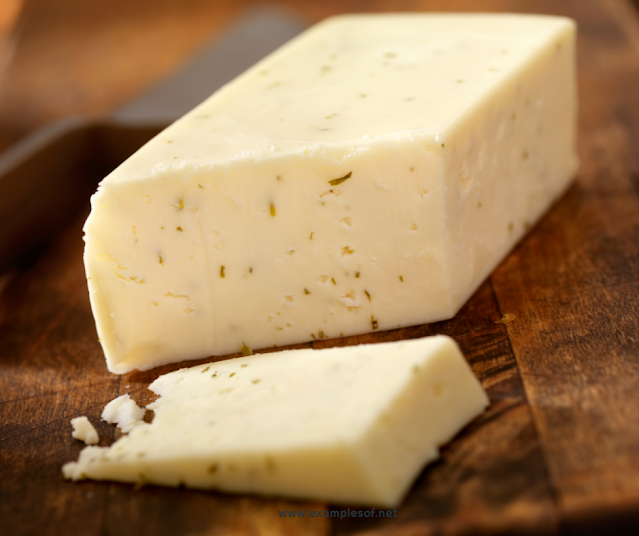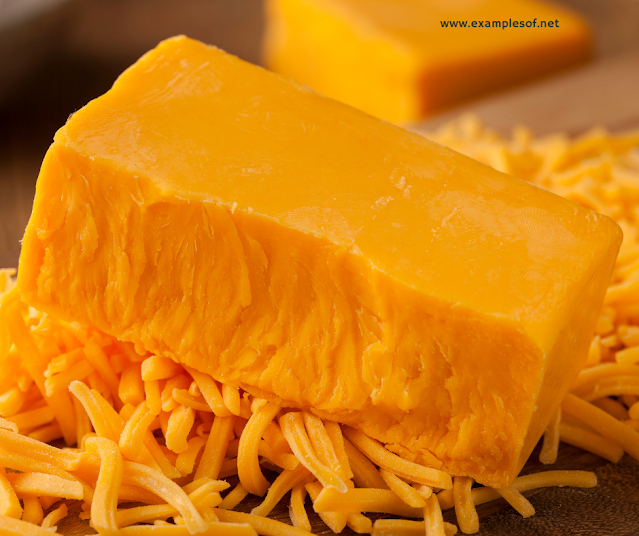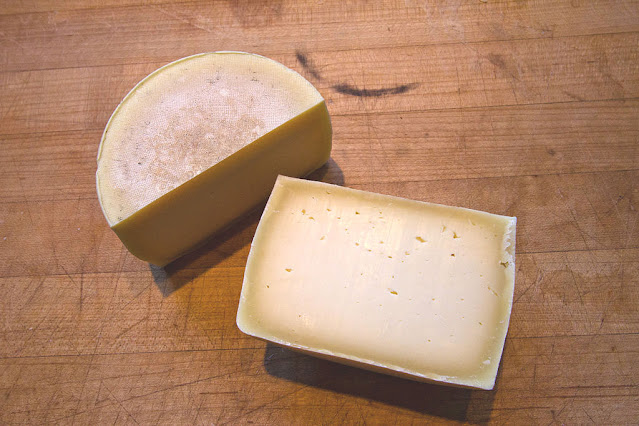
Soft Cheese

- Soft, Smooth and creamy texture. Soft cheese is not pressed or cooked during the manufacturing process.
- Example: Camembert
- Country of origin: France
- Contributing micro organisms: Lactococcus lactis, Lactococcus cremoris (Earlier stages of Production)
- A little more firm and compact than soft cheese, the semi-soft category contains the largest variety of cheese.

- Example: Havarti cheese,
Mozzarella cheese- Country of origin: France
- Cheese in the category is considered to be an “all purpose” cheese. Cheese is pressed to remove as much whey as possible after the curdling process which creates a firm cheese.
- Example: Cheddar
- Hard cheese has a moisture content of less than 50% due to the cheese being the cheese to lose some of its moisture content and have a stronger flavour.
- Example: Romano
- Fresh cheese is not ripened, aged or fermented during the manufacturing process or at any point during the lifespan of the cheese. Fresh cheese has a very short shelf life.
- Example: Cottage cheese , Cream cheese.
-
Blue cheese- Cow, sheep or goats milk with a blue or green-blue mold. The mold is derived from spores from Penicillium roqueforti, Penicillium glaucum or other being injected into the cheese curds.
- Example: Roquefort
- Country of origin: France
- Contributing micro organisms: Lactococcus lactis, Lactococcus cremoris (Earlier stages of Production)
- Light cheese is made by reducing the amount of butterfat which makes the cheese rubbery in texture and much less flavourful than full fat versions of cheese. Light cheese has a high moisture content which makes it have a shorter shelf life.
- Example: Cheese with 7% Milk Fat, Cheddar which 19% Milk fat.
- This cheese is created by melting together blend of grated cheese, milk, milk solids or water, food colouring and seasonings.
- Example: Processed cheese shies, cheese spreads “swokies”
Example of Very hard, ripened Cheese




